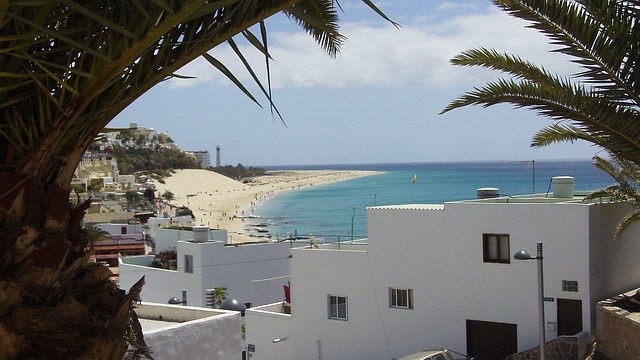Setting up a holding company in the Canary Islands
Setting up a holding company in the Canary Islands: does it really pay off? The Canary Islands, thanks to their special tax regime, known as the "Economic and Fiscal Regime" (REF), are attracting more and more investors interested in setting up a holding company. But what are the advantages and disadvantages of this choice? In this article we will look in detail at the various aspects to consider in order to make an informed decision. Why choose the Canary Islands? The REF offers several tax benefits to holding companies, including: Corporate Income Tax (IS): reduced rate to 4% for the first 4 years and 15% for subsequent years. General Canary Island Tax (IGIC): exemption for foreign operations and reduced rate to 7% for domestic operations. Customs duties: exemption or reduction for importation of goods destined for the Canary Islands. Requirements for establishing a holding company in the Canary Islands: The holding company must be a tax resident of the Canary Islands. Must have a real corporate purpose and carry on an actual economic activity. It must have a minimum share capital of 60,000 euros. It must meet the criteria established by the REF regarding employment, investment and reinvestment of profits. Advantages of a holding company in the Canary Islands: Reduced tax burden: the savings can be significant, especially for holding companies that operate internationally. International tax planning: the holding company can be used to optimize the taxation of global income. Asset protection: the holding company can serve as a tool to protect personal assets. Access to a larger market: the Canary Islands are part of the European Union, which facilitates access to the single market. Disadvantages of a holding company in the Canaries: Complexity of the tax system: the REF is a complex system and requires specific knowledge of the regulations. Risk of tax audits: the Spanish authorities may conduct tax audits to verify compliance with the REF. Incorporation and management costs: the costs of setting up and running a holding company in the Canary Islands can be higher than in other countries. Is it really worth setting up a holding company in the Canary Islands? The answer depends on several factors, including: The size and structure of the corporate group. The type of business carried out by the holding company. The international tax planning strategy. The risk appetite. Before making a final decision, it is advisable to consult an accountant or consultant experienced in international taxation to carefully weigh the advantages and disadvantages of this choice. In addition to the above information, it is important to delve into the following aspects: The different types of holding companies that can be established in the Canary Islands. The procedures for setting up a holding company. The tax and accounting obligations to which holding companies are subject. The economic development opportunities offered by the Canary Islands. Some useful resources for further study of the subject: Canary Islands Government Website: https://www.gobiernodecanarias.org/ Canary Islands Economic and Tax Regime Portal: https://www.referee.com/portal/ Guide to Setting Up a Holding Company in the Canary Islands: https://www.investimenticanarie.com/info-strategiche/holding-canarie?lang=it Conclusion: The Canary Islands can be an attractive option for setting up a holding company, especially for companies that operate internationally and wish to optimize their taxation. However, it is important to carefully evaluate the various aspects and potential risks before making a final decision. It is advisable to consult an experienced professional to receive a personalized assessment specific to your case.
Setting up a holding company in the Canary Islands Read more "






